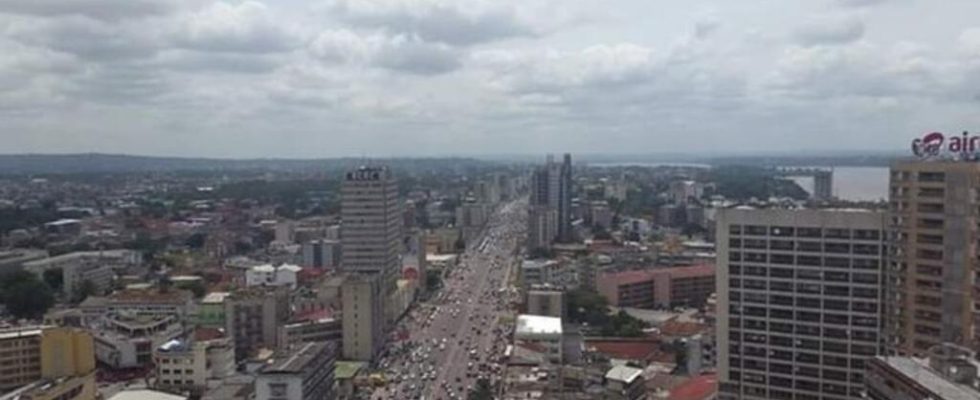In the Democratic Republic of Congo, the campaign ended Monday evening at midnight and voting will take place on Wednesday. The various environmental protection organizations regret that after the major speeches at COP28, the issue of climate change and the environment were not addressed by the candidates.
2 mins
With our special correspondent in Kinshasa, Alexandra Brangeon
The campaign for the presidential election on Wednesday, November 20 ended Monday evening Monday at midnight, in the Democratic Republic of Congo. There was a lot of talk about the war in the east of the country, Rwanda, nationality, free education. But climate change and the environment have been largely forgotten in this presidential campaign.
Kinshasa, however, has 17 million inhabitants, thousands of cars and terrible pollution. Waste, plastics, and above all air pollution which comes in particular from an aging vehicle fleet. For doctor Béatrice Lumona, the capital is seriously polluted: “ Before, when we had someone who had respiratory problems, it was someone who had tuberculosis or someone who had asthma. But currently there are unexplained breathing problems. There are more and more pregnant women who come for a minor infection, with respiratory problems. »
A few projects have seen the light of day in recent years: the reforestation of the town of Limete to improve air quality. The installation of dumpsters on certain major avenues in the city center to recycle plastic bottles. But his plans are far from sufficient.
Politicians do not seem to understand the extent of the problem, laments activist Bonaventure Bondo: “ Of course, talking about the war in the East is a good thing because we must put an end to this scourge. But we must also know that the climate crisis in the coming years, if there is no effective policy, will kill many more people than war. It will have a major economic impact, it will impact the livelihoods of communities. Today, with the disruption of rain patterns, agriculture will be seriously affected and the Kinshasa or Congolese population will be predisposed to food insecurity.”
In Kinshasa, the level of nitrogen oxide and particulate matter is eleven times higher than the WHO annual guideline value for air quality.
Read alsoElections in the DRC: last day of campaigning for candidates and still logistical concerns
